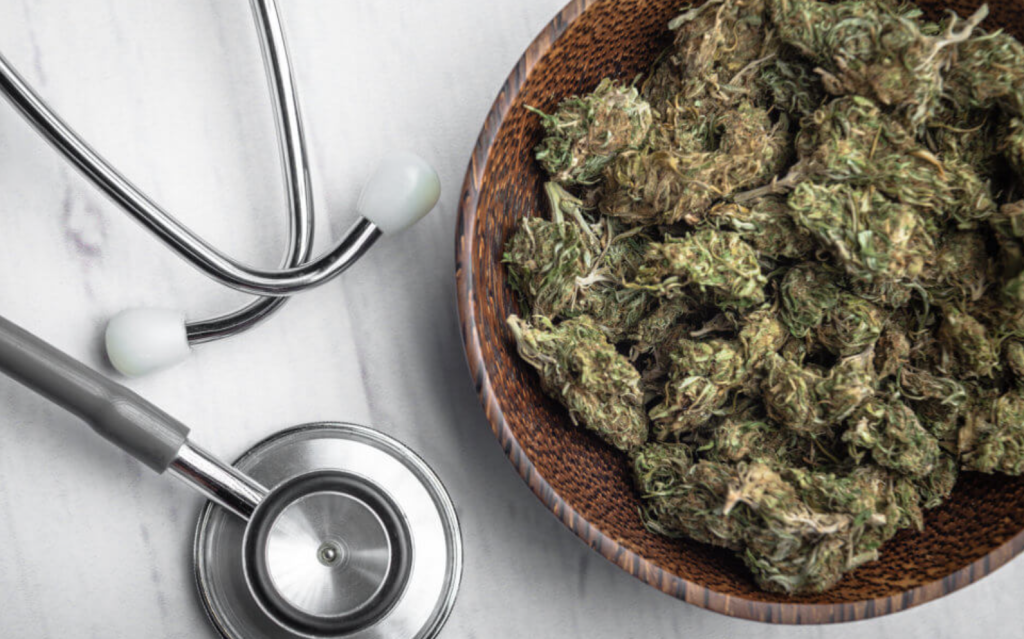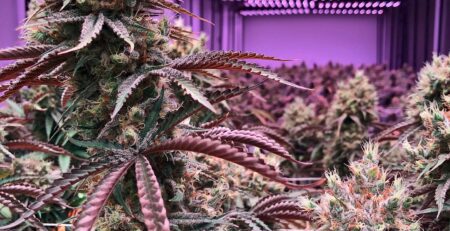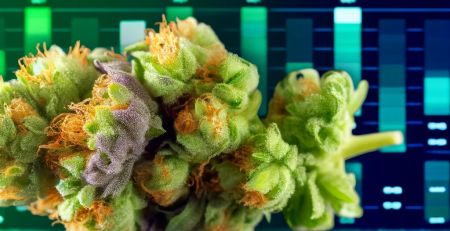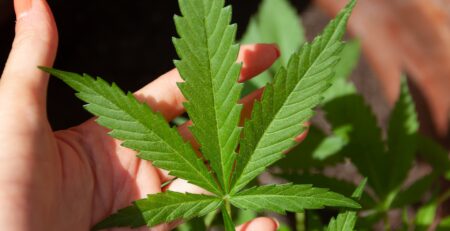Cannabis and Holistic Wellness

Cannabis and Holistic Wellness: A Natural Symbiosis
The harmonious integration of cannabis into the holistic wellness arena is not merely a modern trend but a return to ancient traditions. Various cultures have historically tapped into cannabis’s healing properties, aligning with the principles of treating the whole being — physically, mentally, and spiritually. This deep dive sheds light on the symbiotic relationship between cannabis and holistic wellness.
The Historical Nexus of Cannabis and Holistic Practices
Long before modern medicine’s dawn, ancient civilizations like the Chinese, Indians, and Egyptians recognized cannabis’s therapeutic attributes. These societies incorporated the plant into their traditional healing practices, suggesting an inherent understanding of its holistic benefits.
- Ancient China: Cannabis was used for ailments ranging from rheumatism to menstrual irregularities.
- Ayurveda: In India’s traditional medicine system, cannabis was employed to balance physical and mental health.
Mind, Body, and Spirit: The Three Pillars
Holistic wellness revolves around the integration of mind, body, and spirit. Here’s how cannabis potentially influences each dimension:
- Mind: Cannabis, especially strains high in CBD, has shown promise in alleviating anxiety and stress, promoting mental clarity and peace.
- Body: From managing chronic pain to stimulating appetite or assisting with sleep, cannabis addresses various physical conditions.
- Spirit: Used in spiritual and shamanic ceremonies, cannabis has historically facilitated deeper connections to oneself and the universe.
The Role of Terpenes in Holistic Wellness
Beyond cannabinoids, cannabis’s terpenes play a significant role in its therapeutic potential. These aromatic compounds, also found in other plants, contribute to the entourage effect, amplifying cannabis’s overall benefits.
- Limonene: May elevate mood and reduce stress.
- Myrcene: Known for its sedative and muscle-relaxing effects.
- Pinene: Potentially acts as an anti-inflammatory and bronchodilator.
Challenges and Considerations
While the symbiosis between cannabis and holistic wellness is evident, it’s essential to recognize potential challenges:
- Dosage: Finding the right dosage is crucial, as too much can lead to counterproductive effects.
- Legal Implications: Always be aware of local laws regarding cannabis use and procurement.
- Personal Reactions: Everyone’s endocannabinoid system is unique, leading to varied responses to cannabis.
Understanding the Basics: Cannabis in Holistic Health
Holistic health, at its core, is about nurturing and balancing the whole individual, encompassing the physical, emotional, mental, and spiritual facets of well-being. The inclusion of cannabis in this arena is rooted in both ancient practices and modern science. Let’s delve into how cannabis has historically and contemporarily carved its niche in holistic health.
Ancient Roots: Cannabis as Medicine
Cannabis has been employed for its medicinal properties for thousands of years across various cultures:
- Chinese Medicine: Ancient texts like the Shennong Bencaojing, dating back to 2737 B.C., mention cannabis as a remedy for ailments like rheumatism, gout, and malaria.
- Ayurveda: Cannabis has been documented as an ingredient in various Ayurvedic preparations, aimed at balancing the body’s energies or ‘doshas.’
- Middle Eastern Traditions: Ancient Arabic medicinal practices also heralded cannabis, especially for its pain-relieving properties.
The Modern Resurgence
The resurgence of interest in cannabis within the holistic health community stems from both anecdotal evidence and scientific research:
- Endocannabinoid System (ECS): Discovered in the late 20th century, the ECS plays a crucial role in maintaining homeostasis. Cannabinoids in the cannabis plant, like THC and CBD, interact with this system, influencing various physiological processes ranging from mood regulation to immune response.
- Natural Alternative: Many holistic health practitioners view cannabis as a natural alternative to pharmaceuticals, given its myriad of potential therapeutic properties, from anti-inflammatory effects to anxiolytic benefits.
Balancing Body and Mind
The dual potential of cannabis to address both physical and mental imbalances resonates deeply with holistic principles:
- Physical: Chronic pain, muscle spasms, and inflammatory conditions are some physical ailments for which cannabis might offer relief.
- Mental: Cannabis’s potential in managing stress, anxiety, depression, and even more severe conditions like PTSD, make it an attractive holistic option for mental well-being.
Spiritual and Emotional Wellness
Beyond the tangible, the integration of cannabis in spiritual practices and its potential influence on emotional health is noteworthy:
- Mindfulness and Meditation: Some individuals find that specific strains of cannabis can enhance their mindfulness practices, allowing for a deeper connection and presence.
- Emotional Release: Anecdotal reports suggest that cannabis might help users confront and release suppressed emotions, facilitating healing.
The basics of cannabis in holistic health are rooted in an intricate blend of ancient wisdom and modern science. As holistic health practices continue to gain momentum in today’s society, the role of cannabis as a natural, multi-dimensional therapeutic agent is poised to be at the forefront of this movement.














